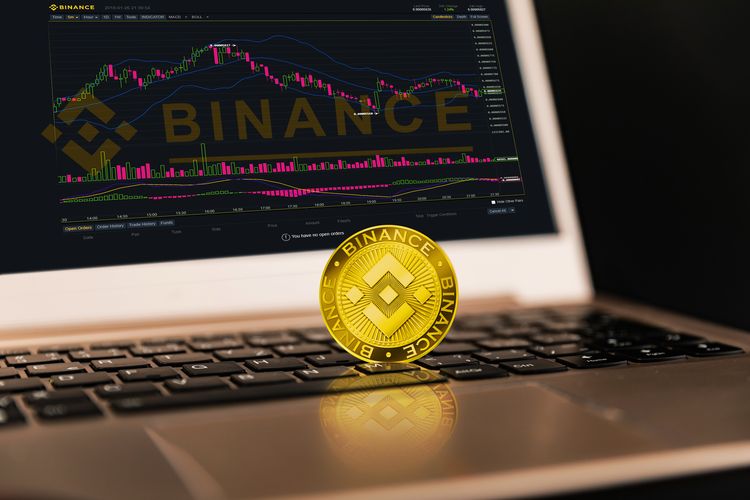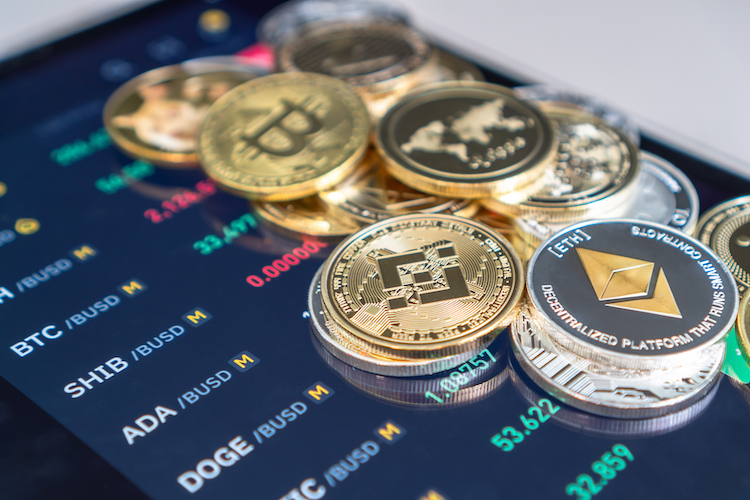Centralized vs Decentralized Crypto Exchanges: What’s The Difference?
Cryptocurrency is a digitally encrypted exchange medium that investors distribute instead of the funds going through federally-backed financial institutions. There is no intrinsic value or physical form, and cryptocurrency doesn’t require an exchange rate.
Cryptocurrency exchanges are where these investors buy and sell crypto according to the exchange’s protocols. These exchanges are labeled either decentralized or centralized. Investors are reaping large rewards in the thriving cryptocurrency market, but they are also sometimes taking significant risks.
Using the risk/reward ratio, investors can determine which type of exchange best matches their investing needs. This ratio determines the risk level an investor is willing to accept for a given reward expectation.

Centralized
Instead of blockchain tracking, a centralized exchange uses a third party to keep the currency protected and to oversee transactions. Security involves multi-level identification verification for both individuals and corporations. The exchange bears legal liability as fund custodian.
Withdrawal quotas increase with higher verification levels. Another bonus is that the third party also provides technical assistance. Flat pairs provided by centralized exchanges like Binance are readily available online and are extremely popular.

Decentralized
Decentralized exchanges skip the third-party middleman. Universal transaction updates are verified and recorded on a blockchain. This openly distributed ledger of encoded transactions is spread worldwide.
The permanence and widespread transparency prevent later alteration by participants or hackers. They can’t access a banking system to change the information because it doesn’t reside on only one system. The records are meticulous and identical because it updates instantaneously for everyone.
This type of exchange is desirable to investors for the higher level of security it offers. Peer-to-peer trading with escrow or proxy tokens is possible with the decentralized system. So is selling the tokens for a different kind of token or cryptocurrency. And no central authority governs its value.
Centralized Vs. Decentralized
The first-to-market centralized type of exchange remained more popular for a time over the decentralized ones. Better liquidity and infrastructure in centralized exchanges also helped maintain this popularity. But investors are drawn to decentralized exchanges for their account and wallet advantages.
When making comparisons between centralized and decentralized cryptocurrency exchanges, investors should focus on three points. These points are control, security, and features.
Control
Centralized exchanges have more overhead in the services they provide. These provided features come with various levied fees for the investors. Third parties in centralized crypto exchanges retain most of the control over the accounts. The government requires this exchange type to carry a license and follow regulatory guidelines. Liquidity is higher here because many users are following the market trends at once. Order matching is fast, so more users will sell or purchase following an assets’ demand.
Decentralized exchanges have little to no overhead, so fees are minimal or non-existent. They are popular—but also more complex—because account control lies solely with the investor. The decentralized nature of the distributed blockchain makes government regulation and oversight nearly impossible. More involved order matching increases transaction time, thereby causing decreased liquidity on this platform type.

Security
Security is always a risk concern with the centralized platform. The third-party middlemen’s private access keys for the users’ funds are vulnerable to hackers. The middlemen are legally responsible for maintaining security. Still, there is no government backing to ensure the recovery of the lost deposits. Past hacking success has led to increased security efforts, but the vulnerability remains due to the platform’s centralized nature.
Conversely, the worldwide distribution of the decentralized platform means hackers can’t affect everyone simultaneously. This increased security is a big draw for investors. For this reason, centralized exchanges are beginning to offer their customers decentralized accounts.
Features
Features are where the centralized exchanges really shine over decentralized platforms. The centralized platforms offer better trade experiences with portfolio management, margin trading, and sophisticated order types. And orders are executed much faster, milliseconds instead of seconds. This time savings can make a big difference when trade is dependent on speed. But incentivized decentralized exchanges may close this gap in offered bells and whistles in the future.
Investors should do their homework before choosing either a decentralized or centralized exchange for their cryptocurrency investments. There are pros and cons to both, so examination should use the risk/reward ratio to determine the best platform to meet their individual needs.
